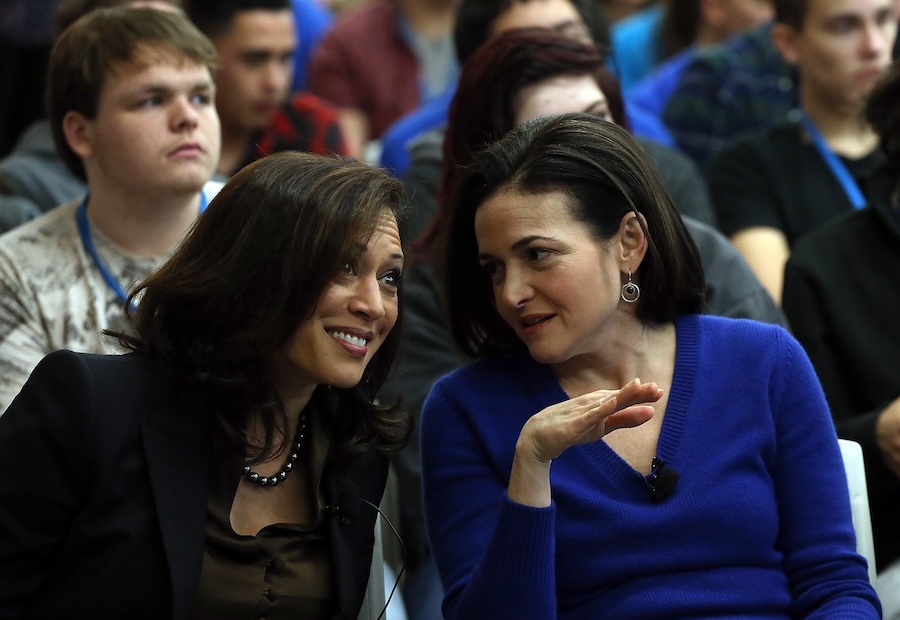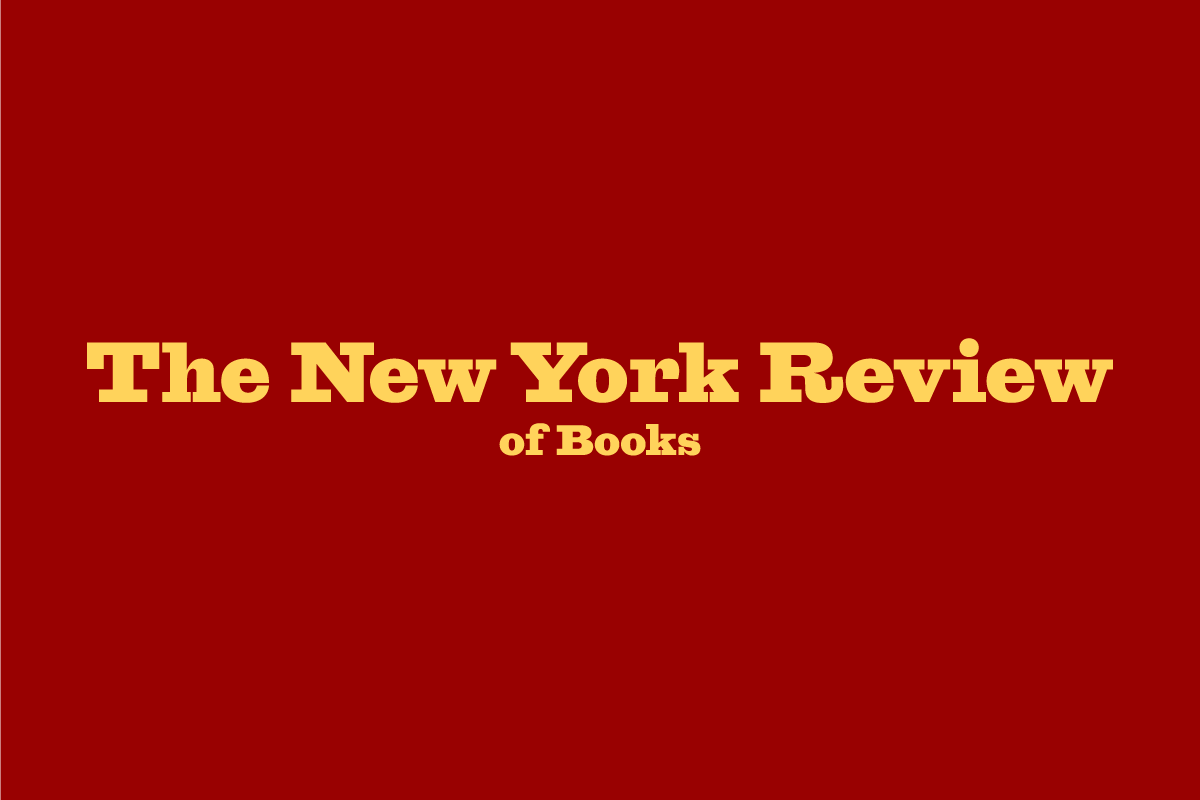Before the 2020 election, I wrote an ill-received column about Joe Biden’s close ties to Wall Street. In it, I argued that Biden would have trouble taking on Trump’s extreme corruption, because he himself had engaged in the transactional style of politics that puts big money over public interest: in 2005, for instance, he pushed a bankruptcy bill backed by the credit card industry that made it much harder for Americans to write off their medical debt. The column hinted at my worries about how Biden would fare as president.
I’m happy to say that I eat my hat. Biden has been the best president of my lifetime on economic policy. Combatting corporate concentration is at the top of his agenda. As a candidate he promised Wall Street donors that “nothing would fundamentally change” under his watch—but some significant things did. Biden is the first major trustbuster in over fifty years. He hired and elevated dozens of economic populists, most notably Lina Khan, the chair of the Federal Trade Commission, who has emphasized throughout her tenure that, as she once put it, “monopolies not only have economic power, but use that power to buy political power.” Khan’s FTC has rewritten merger guidelines to make it harder for companies to consolidate; forced the major biotech company Illumina to divest from its prize acquisition, a cancer test maker called Grail, in the name of keeping the market for such tests competitive; and persuaded courts to ban Martin Shkreli—who was convicted of organizing a monopoly scheme to hike prices for a lifesaving AIDS treatment—from further involvement in the drug industry. Last year the commission partnered with the National Labor Relations Board to investigate companies that rely on gig work, like Lyft and Uber, for “deceptive” practices such as denying their workers health care and unemployment benefits and misleading them about their earning potential.
Biden also gave a White House advisory role to the legal scholar Tim Wu—my former running mate in our 2014 bid for governor and lieutenant governor of New York—who spearheaded an executive order that encouraged (and in some cases required) federal agencies to report to the White House on how they tackled corporate power from within their fiefdoms. The Consumer Financial Protection Bureau, meanwhile, came under the direction of Rohit Chopra, who The New York Times called “Wall Street’s most hated regulator” for his effective assault on junk fees. Despite the howls of the debt-collection industry, he moved to ban listing medical debt on credit reports.
Biden, alongside his trade representative, Katherine Tai, publicly rejected the dogma that has dominated US economic thinking since NAFTA: the neoliberal consensus around corporate privatization and the liberalization of finance and trade. Instead he embraced domestic manufacturing, particularly in the semiconductor and green energy industries, which received major subsidies through, respectively, the CHIPS Act and the Industrial Recovery Act. He announced this reversal in a 2021 speech condemning the cult of efficiency. “We’re now forty years into the experiment of letting giant corporations accumulate more and more power,” he said:
And what have we gotten from it? Less growth, weakened investment, fewer small businesses. Too many Americans who feel left behind. Too many people who are poorer than their parents. I believe the experiment failed.
By arguing that concentration was a problem for workers and democracy, Biden rejected the Chicago School’s “experiment” at relegating antitrust law to a technocratic backwater. In the process he also broke from his Democratic predecessors, Clinton and Obama, who had joined the Bushes and Reagan in embracing the idea that concentration was not a problem in itself, only when it interfered with measurable efficiencies. Biden’s National Security Advisor, Jake Sullivan, followed his lead two years later in an address to the Brookings Institution that rejected neoliberalism.
Trustbusters hardly love everything about Biden’s record. His USDA could have done far more to protect farmers from abusive distributors like Tyson; his Department of Health completely failed to use its authority to stop the health care power buyers from dominating markets and driving up prices. In 2022 he sided against workers, signing legislation to block a national railroad strike. But he has undeniably applied himself to tackling the giants of corporate power: crypto, Wall Street, big tech, private equity. He walked the picket line with the UAW—the first president in history to do so. He may not have said “I welcome their hatred,” as FDR did, but he made enemies he should be proud of.
As Biden’s vice president and the all-but certain next Democratic presidential nominee, Kamala Harris is well placed to take further steps toward a fair and free economy. There are some signs that she might do just that. Consider drug patents, the ultimate monopolies, which make it possible for pharmaceutical companies to hike up prices on medicines they make or sell. During her previous run for president, Harris said she’d support using march-in rights, a mechanism that allows the government to take control of certain patents, which would dramatically lower the prices of essential prescription drugs. Although she hasn’t been involved in passing trade policy, she has criticized NAFTA and the Trans-Pacific Partnership, Obama’s trade agreement that looked to me like NAFTA on steroids. In 2018, during Mark Zuckerberg’s Senate testimony, she was one of his more effective and skeptical questioners.
But Harris has a different legacy as well. During her campaigns for California attorney general, she received significant support from big-tech figures, including Sheryl Sandberg of Facebook, Jony Ive of Apple, Marc Benioff of Salesforce, and John Doerr, an early investor in Google. As Zach Carter detailed in the Huffington Post last week, she cultivated these relationships. During her tenure as attorney general she had tough words for big banks after the financial crisis, but her bark was stronger than her bite, and she treated tech companies like Facebook and Google with kid gloves. As president, she could continue to do so. This week the Financial Times reported that her advisors were reaching out to crypto companies, including the exchange platform Coinbase, trying to “reset” relations with a lawless and exploitative industry.
Some of Harris’s crucial advisors have strong ties to big business. Her husband, Doug Emhoff, is a lawyer whose clients at the firm DLA Piper included Walmart and Merck. Karen Dunn, Google’s lead trial counsel as the Justice Department sues the company for violating antitrust laws, heads her debate prep team. And Tony West, Uber’s general counsel, is her brother-in-law. That relationship might not have mattered politically, but West has taken a temporary leave of absence from his corporate job to volunteer on Harris’s campaign. In his work at Uber, he oversaw many of the company’s nefarious legal campaigns: for Prop-22, a California bill that permitted the company to treat drivers as independent contractors rather than employees, against federal labor regulators pushing to allow drivers to unionize, and, during the Covid-19 pandemic, against the New York state attorney general, who was trying to regulate its price-gouging. West is not Harris’s only advisor with close ties to the company. On Friday she gave a prominent campaign role to David Plouffe, who managed Obama’s first presidential campaign. Labor and antitrust advocates, however, know him best for his stint as senior vice president at Uber, where he lobbied vigorously on its behalf with public officials around the world.
By my lights, the strongest test of Harris’s priorities will be whether she retains Khan as the chair of the FTC. Wall Street loathes Khan. Two billionaire donors to Harris—Reid Hoffman, cofounder of LinkedIn, and IAC chairman Barry Diller—have even called on the candidate, if elected, to drop her. (Diller called her a “dope.”) Barry Sternlicht, a billionaire real-estate investor, went on CNBC’s Squawk Box to say that “we all think the FTC has lost their center.” There’s been a lot of chatter in the antitrust and business press to the effect that Harris might dump Khan as well as the head of the Department of Justice’s antitrust division, Jonathan Kanter.
It might seem most frictionless for her to do just that, to “reset” with crypto, to reverse course on antitrust. But the Democratic Party’s biggest challenge right now is winning over working-class voters of every racial and ethnic background. Trump has been courting them, most notably by choosing a faux-populist running mate in JD Vance.
The Democrats lose when they try to have it both ways, to be the party of the worker and the CEO, of Uber management and Uber drivers. The stronger path to win—and the more just way to govern—is to take up trustbusting, reject neoliberal trade policies, and plant a flag firmly on the side of citizens against corporate donors. To prove herself on that score, Harris will need to do more than adopt Biden’s rhetoric. Indicating early in her campaign that she’s with Khan would assure small businesspeople, workers, consumers, and the millions of Americans sick of big money’s influence on politics that she, too, is willing to make wealthy enemies.


